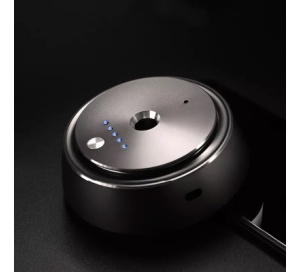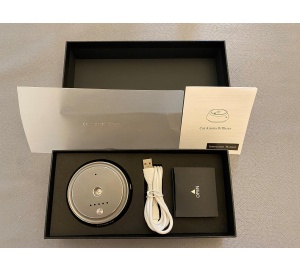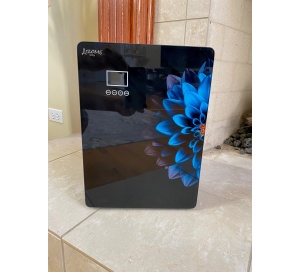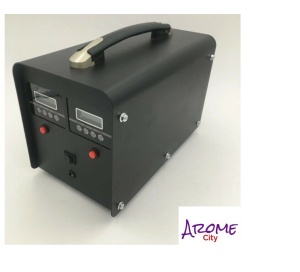How to choose your essential oil scent
The rule one that everyone must follow that essential oils are not be used for oral consumption "or" to be applied to the body/skin. Essential oils are highly concentrated extracts of plants material and can cause skin irritation and can be harmful to your body.
Essential oils 101: Do's and don'ts
- Breathe it in. "The best and safest way to use essential oils is to smell them," says Galper. So if you’re a beginner, try the inhalation method by using an essential oil-infused candle, incense or an essential oil spray. Or, "you can carry an essential oil bottle with you and sniff it periodically throughout the day," suggests Galper. You can also put a few drops of oil on a cotton ball and keep it in a little jar. "Open it and sniff whenever you need to clear your thoughts or feel relaxed," says the wellness expert.
- Don't apply it directly to your skin. "Always blend it into something, like a carrier oil, liquid soap or an unscented lotion or cream," says Galper. A single drop of essential oil in a dime-sized amount of carrier oil (like jojoba, avocado or coconut oil) is a good rule of thumb, notes Scalisi. Also, check the product label for any warnings and instructions as some oils can irritate the skin, especially if exposed to sunlight, she adds.
- Use your intuition when selecting an oil. "Just ask your body what it needs and notice which scents you’re drawn to. Florals tend to support heart healing, citrus oils energize and woodsy oils offer grounding and calming effects," says Scalisi.
- Store the essential oils in a cool, dark place. Also, make a note of when you bought them. "When essential oils go bad, they lose their therapeutic benefits and can irritate your skin," says Scalisi. "Often, you’ll be able to tell because the aroma will change. But if you’re unsure, make it a practice to toss anything that’s over a year old," she suggests.
- Always use less than you think. "I'd recommend 8 to 12 drops of an essential oil per ounce of whatever you are mixing it into," says Galper.
- Don't leave the diffuser on 24/7. If you're using a diffuser, make sure you're diffusing in a well-ventilated room and that the device is on a timer. Ideally, 10 minutes on and about 30 minutes off, says Galper. "Never run a diffuser 24/7," she advises.
- Try hydrosols. If you want to add a pricey oil like rose or frankincense to your collection, Scalisi recommends trying a hydrosol. Hydrosol is the water leftover after steam distillation or hydrodistillation of flowers or plants. It's less concentrated but still has the therapeutic properties of the plant and is much more affordable.
The best essential oils for beginners:
If you’re just starting to build your essential oil collection, consider buying these versatile, aromatherapist-approved oils:
- Lavender oil: Lavender (Lavendula angustifolia) has more uses than perhaps any other essential oil, says Scalisi. "It contains skin healing properties and offers pain relief. So it's great on minor scrapes, burns and bruises," she says. In addition, its calming effects make it a perfect bedtime oil for diffusing.
- Peppermint oil: Peppermint (Mentha x piperita) is very refreshing and purifying. "Add a single drop to a foot bath to ease aches and stimulate blood flow. While a deep inhale straight from the bottle is great for soothing nausea," says Scalisi.
- Tea tree oil: Tea Tree (Melaleuca alternifolia) has powerful anti-microbial and anti-bacterial properties, so it’s perfect to diffuse during the cold season, says Scalisi. Also, adding two drops of it in a bowl of hot water makes a wonderful steam treatment for sore throats, she notes.
- 1


 Español
Español 






